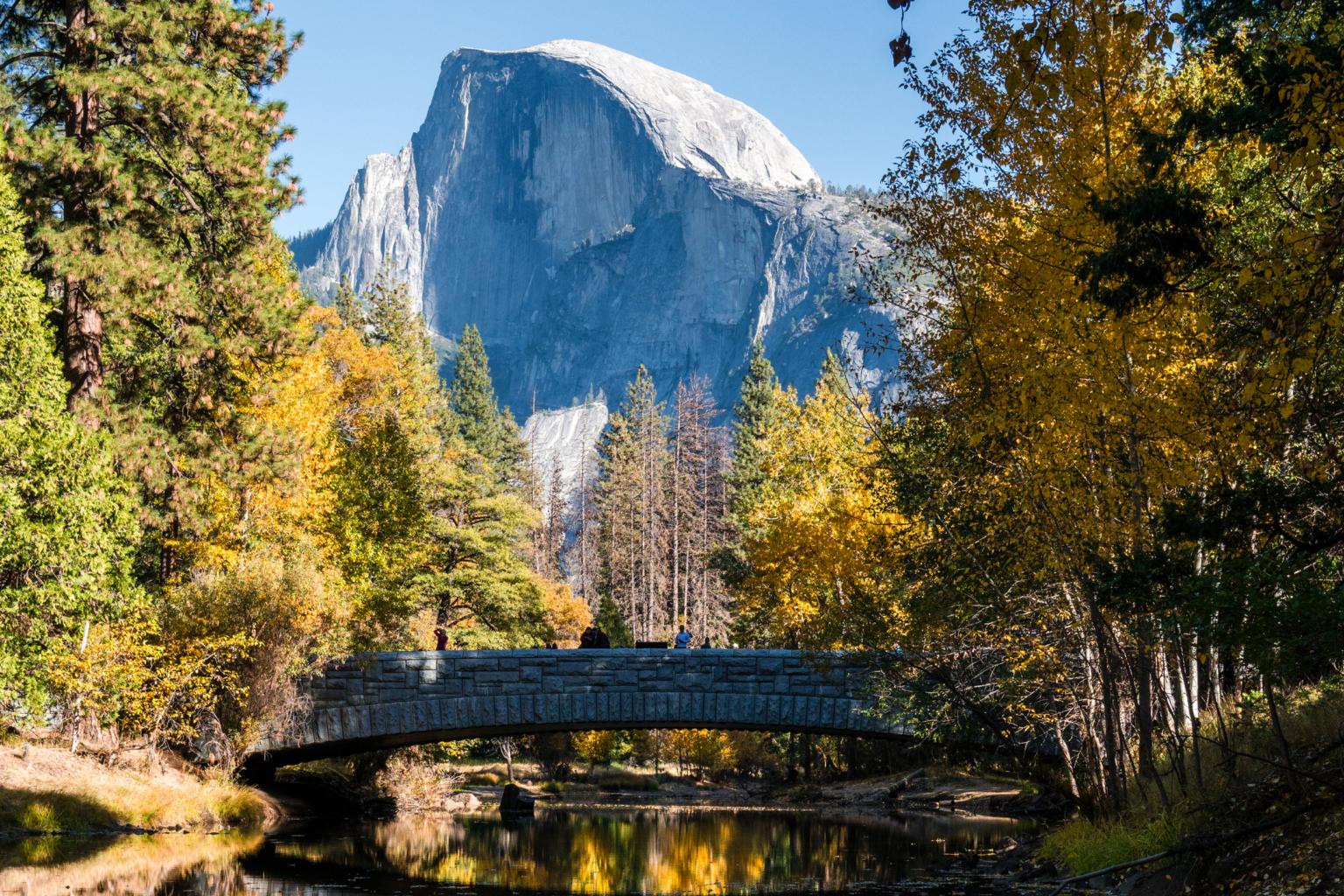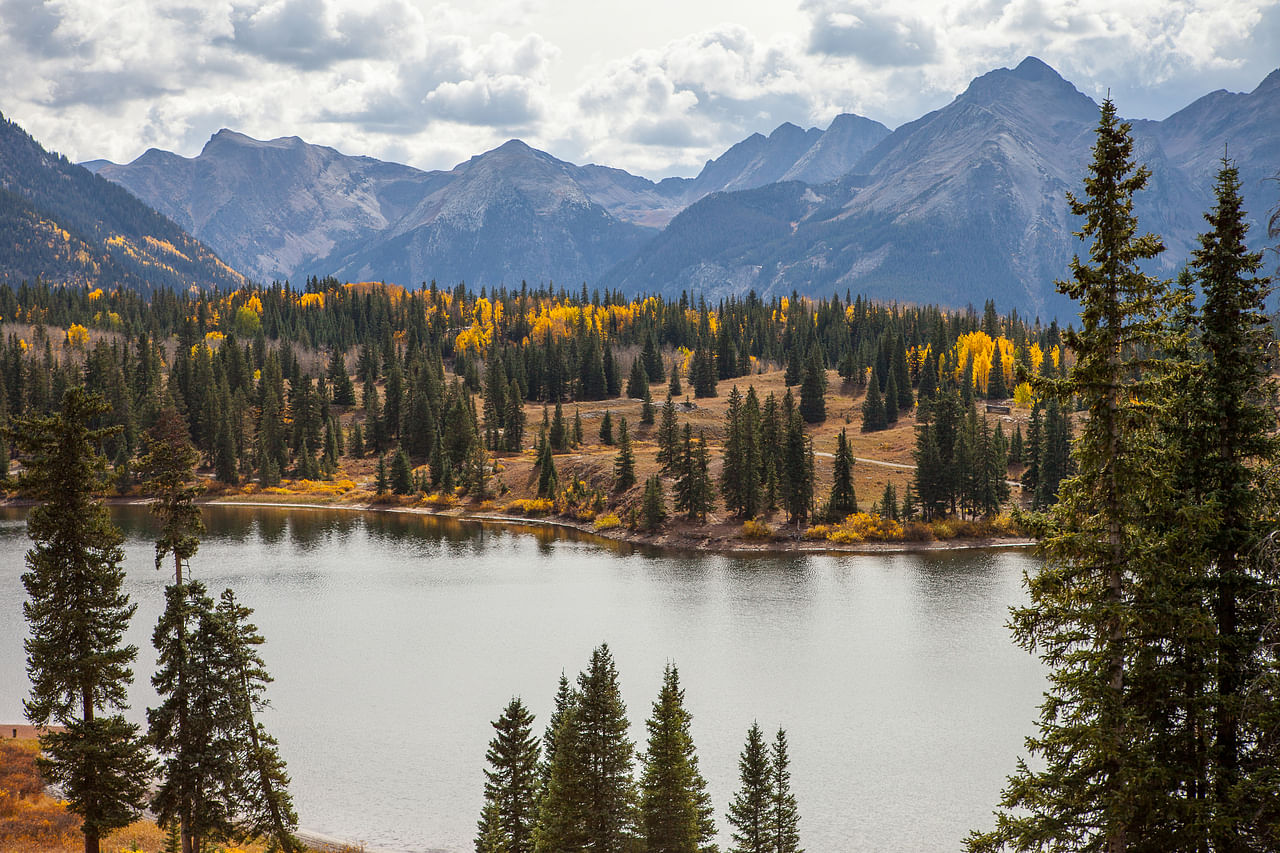COVID-19 SPECIAL
Fresh-air escapes and alfresco dining in US reveal future of pandemic travel
Sign up now: Get ST's newsletters delivered to your inbox

Tourism operators in the towns surrounding Yosemite have introduced really stringent cleaning practices.
PHOTO: VISIT YOSEMITE
Follow topic:
UNITED STATES - As in most places, the travel industry in the United States is reeling from the coronavirus pandemic.
But it also offers one bright spot: an uptick in domestic travel as Americans flee their crowded cities for the wide open spaces of national parks such as Yosemite as well as remote mountain towns such as Durango, Colorado - places people have been coming to social-distance since before it was cool.
And measures being introduced in these spots - reduced capacity, alfresco dining and minimum hotel stays to lower turnover - paint a picture of what travel in the era of social distancing may eventually look like elsewhere, too.
The dawn of that era suggests travellers are avoiding densely populated areas and seeking out less busy ones.
Old tourist hubs such as New York City or San Francisco are being shunned in favour of less touristed towns within a day's drive of major cities. And holidays involving camping, hiking and other outdoor pursuits, as well as getting around by car, motorhome or camper van are all the rage.
Visits to the country's more than 400 national parks have also soared, with Yellowstone in Wyoming, home to the famous Old Faithful geyser, seeing its busiest September on record.
Another popular spot is Yosemite in California, where the local tourism body, Visit Yosemite - Madera County, has helpfully assembled a list of socially distanced itineraries.
It was not hard drawing up that list, says Mrs Brooke Smith, its director of public relations. "These are wide open spaces and people have been coming to destinations like Yosemite to social distance since before social distancing was even something in our vernacular."
This year has taken it to a new level, though.
"In 2019, the top search terms driving traffic to the Visit California website were 'Disneyland', 'Bixby Bridge', 'Venice Beach' - all those big destinations.
"In August 2020, the top searches were for Bass Lake and Lake Arrowhead, these really small alpine lakes," says Mrs Smith.
And while tourism-related businesses across the country are hurting, for towns such as Durango - a four- to six-hour drive from any major airport - there has been something of a travel boom.
Mrs Theresa Graven, Visit Durango's tourism and communications director, reveals it had the highest hotel occupancy in the state of Colorado for the months of July to September.
"And that's never happened - we never had a greater occupancy than (the state capital) Denver or places like that."
Industry observers had anticipated domestic travel would pick up in the summer even as visits from foreign travellers slowed to a trickle because of the pandemic.
"We expected people would get out and travel and that it would be the year of the road trip - and that's exactly what happened," Mrs Graven says.
But far-flung Durango - a more obscure Colorado destination than the ski towns of Aspen or Vail or the Rocky Mountain National Park - seems to hold special appeal.
"People drive five to 10 hours here from Utah, New Mexico, Arizona and Texas because they want to escape the big cities there."
And another draw: low Covid-19 case counts in La Plata county, where Durango is located. As of last week, it had logged just over 1,000 cases in an area of 4,400 sq km. This is compared with populous Los Angeles county in California, with 374,000 cases over an area of 1,300 sq km.
As much as they welcome the business, however, Durango is keen to promote responsible tourism. It has taken pains to communicate to visitors that face masks are mandated in restaurants, shops and public places where people cannot maintain a distance of 1.8m from one another.
With many US cities and counties each having its own mask laws, this is often far from clear.
"We wanted to let people know what to expect when they got here, because wearing a mask has been so contentious, with people up in arms fighting over the constitutionality of it," says Mrs Graven. "And we've heard from a lot of visitors that they appreciated that."
Another trend she has observed: more people choosing to stay in boutique hotels or AirBnB-type accommodations.
"Because there is more privacy and less interactions with other guests, versus the shared HVAC (heating, ventilation and air-conditioning) in a big hotel and shared lobby spaces," she notes.
Boutique properties such as Durango's Rochester Hotel have instituted a minimum four-night stay to reduce guest turnover and introduced keyless entry systems to cut down on person-to-person contact.
This is similar to initiatives being taken by tourism operators in the towns surrounding Yosemite, who have introduced "really stringent cleaning practices and letting the rooms sit idle for a day", along with a host of contactless booking, ticketing and ordering systems, says Mrs Smith.

<p>adremote01 - The remote mountain town of Durango, Colorado, has seen something of a tourism boom during the pandemic. </p>
PHOTO: Visit Durango
As long as the weather cooperates, alfresco dining has become the new norm, and once again, having the space makes all the difference.
Durango has blocked off lanes on its main avenue to create "bump-outs", or outdoor dining areas for street-facing restaurants and hotels.
"That saved our downtown restaurants," Mrs Graven says. "And some hotels did better this August than they did the last, a lot of it due to having that extra outdoor seating."
Yet the city is wary of becoming a little too successful.
"Because certain places, like Moab in Utah, have been victims of their own success and become overrun, and it's really negatively impacting the destination," she explains.
"We don't want that to happen here, so part of our strategy will be to do more to spread visitors out throughout the year and move them into lesser-known areas."
The city is also "being really thoughtful about who we invite to Durango", she adds.
"We're focused on a higher-value, more sustainable traveller - which international travellers are for us, so we're really looking forward to their return."
As US destination marketing organisations speak to tourism operators across the world, the feedback they keep getting is that international travellers are "chomping at the bit to book their travel here", says Mrs Smith.
"As soon as the travel restrictions are lifted, the floodgates are going to open and people will be coming back. And they will want to know where they can go and feel safe."

